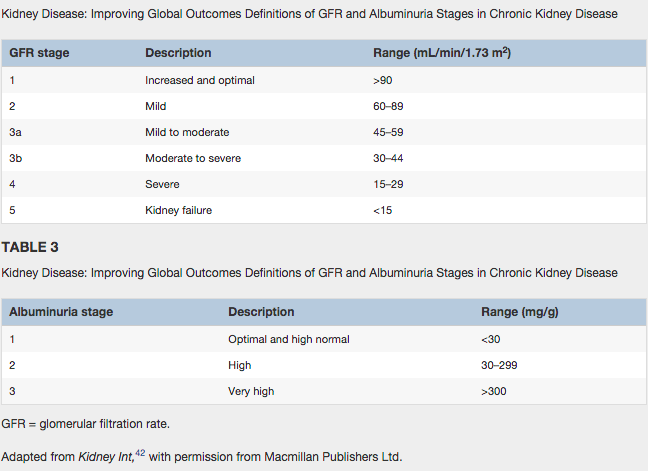Nurse's main role is educating the patient. Education is key for the patient especially after they leave the hospital/clinical setting.
We want the patient to understand what is happening and what to expect. As we mentioned in previous blogs, we want to explain to the patient what is happening to the body and how to manage their condition before it gets potentially worse. First, an explanation of how does diabetes affect the body and kidneys. We want them to know that if their glucose levels, and blood pressure levels are not well manage, it can cause further complications. This can further damage the kidney from filtering properly.
Hence, there is a lot of emphasis of teaching the the patient to be healthy by staying active and eating a healthy low sodium diet. In addition, smoking must completely stop. Staying healthy will manage the glucose levels in the blood. Furthermore, the body can function better with weight loss and blood pressure is better maintained.
Another important component is medication adherence and understanding their usages is very important. We do not want to create further complications for patients. They need to understand what common over the counter drugs can be toxic. They must take only the prescribed medication and to talk to the provider about any drug drug interactions that may be harmful to their well-being.
Below is a list and summary of what the nurse will have the following as interventions/goals for the patient:
Please refer to the following sites for management
- https://www.kidney.org/atoz/content/diabetes
- http://www.mayoclinic.org/departments-centers/nephrology-hypertension/minnesota/overview/specialty-groups/diabetic-nephropathy-clinic
- http://www.mayoclinicproceedings.org/article/S0025-6196(11)60034-7/fulltext#cesec20
According to mayoclinic, we can determine how severe the kidney disease in based on GFR and albumin results. Furthermore, below is an approach to treat and manage diabetic nepphropathy.
Citations:
Nephrology and Hypertension in Minnesota. (n.d.). Retrieved February 20, 2015, from http://www.mayoclinic.org/departments-centers/nephrology-hypertension/minnesota/overview/specialty-groups/diabetic-nephropathy-clinic
Cohen, L. (n.d.). Nurse to Nurse: Nursing Role in Diabetic Nephropathy Management. Retrieved February 20, 2015, from http://dx.doi.org/10.1007/978-1-4613-2287-0_12
Bakris, G. (n.d.). Recognition, Pathogenesis, and Treatment of Different Stages of Nephropathy in Patients With Type 2 Diabetes Mellitus. Mayo Clinic Proceedings, 444-456. Retrieved February 20, 2015, from http://www.mayoclinicproceedings.org/article/S0025-6196(11)60034-7/fulltext#cesec20


Adult care centers are thus gaining popularity, as not only are their aged loved ones under supervision, they also have the chance to mingle with their peers. tim hortons for diabetic
ReplyDelete